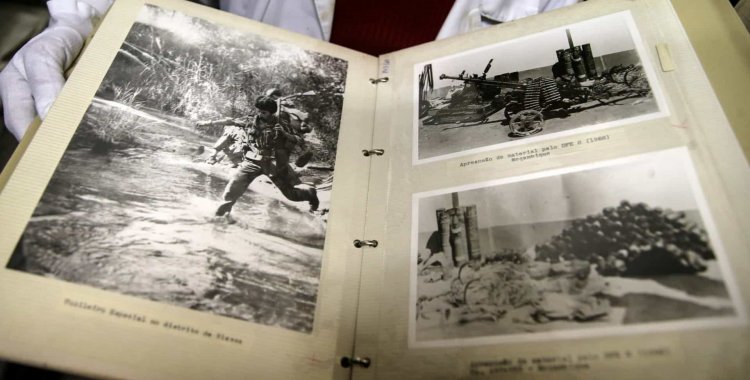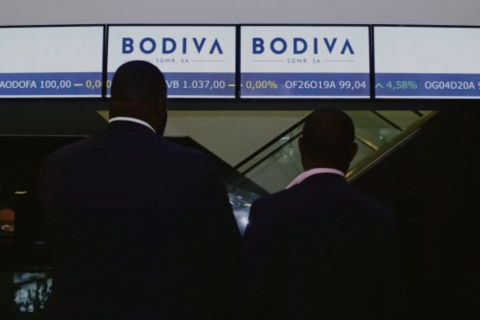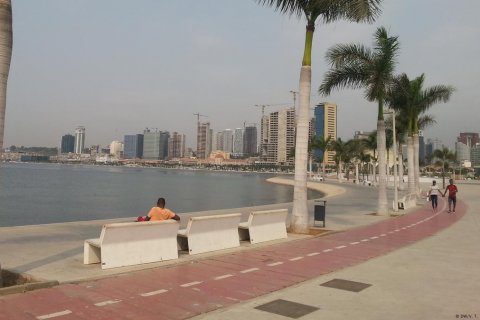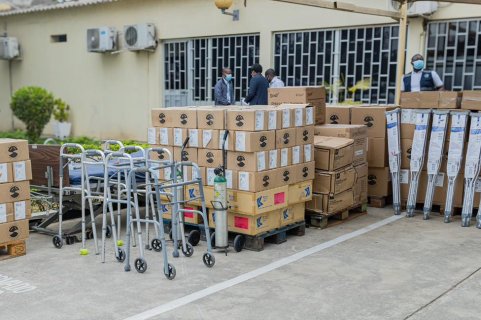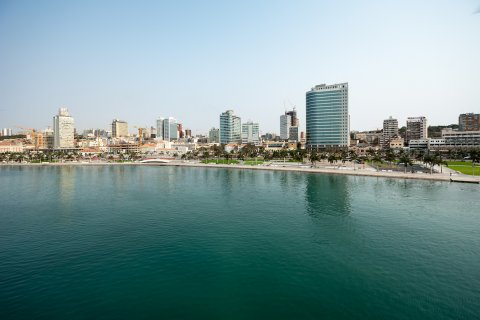"It is the opening of these archives that will give contemporary societies the memory of what was, in the Portuguese case, the colonial war," he said when asked about the importance of the declassification of secret material by state institutions, particularly relating to the colonial war period, 45 years after the end of the conflict.
European democracies have "very variable" policies in this regard, he said.
The question will also make sense to keep documentation from that period classified as secret, the politician replied: "in the case of the Portuguese colonial wars, it should not be forgotten that the political police [PIDE] and even the Portuguese diplomatic agencies had a very reasonable level of penetration in the liberation movements".
"Many of their informants were within the framework of these liberation movements, and sometimes, for reasons of security and political revenge, it's natural that more sensitive documents do not enter the public sphere directly in the first 30, 40 or 50 years, while some of these actors are still alive," he commented.
"There are often more or less sensitive material that stays longer [classified], namely that which has to do with military dynamics and above all with espionage operations," the coordinating researcher of the Social Sciences Institute of the University of Lisbon added.
Both in Angola and Mozambique there were various liberation movements, often in tension and in struggle with each other, which Portugal took advantage of, also following closely the independence and separatist movements in neighbouring countries such as the Congo, in the case of Angola's northern territory.
"The Portuguese Armed Forces and the Intelligence Services penetrate certain liberation movements, even entering the game of rivalry between them, as is the case with the initial formation of UNITA," exemplified António Costa Pinto.
"This is also the case of dissidence in the Congo, Tchombé, for example, with the secession of Catanga! This is also the case with the Biafra wars and the Biafra secession, where the Portuguese colonial system enters directly into these tensions and in other neighbouring countries, precisely to try to neutralise as much as possible its use as a base against Portugal and, therefore, much of this documentation is relatively sensitive and it is natural that in some cases it would take some time to be made known to the public in general", he said.
The Navy announced last year the declassification of a vast batch of documents, following a process that began in 2017, with the first meeting of the Declassification Commission set up in the institution by order of the Navy's Chief of Staff, in 2011.

